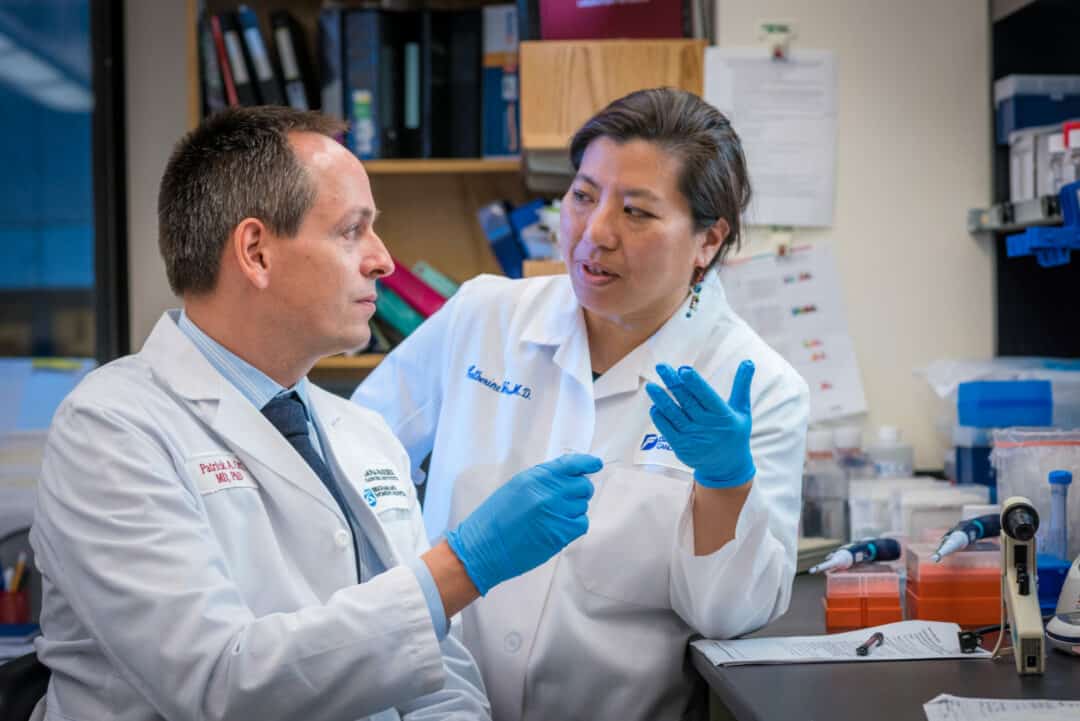An artificial intelligence tool has successfully identified people at the highest risk for pancreatic cancer up to three years before diagnosis using solely the patients’ medical records.
This according to new research led by investigators at Harvard Medical School and the University of Copenhagen, in collaboration with VA Boston Healthcare System, Dana-Farber Cancer Institute, and the Harvard T.H. Chan School of Public Health.
The findings, published May 8 in Nature Medicine, suggest that AI-based population screening could be valuable in finding those at elevated risk for the disease and could expedite the diagnosis of a condition found all too often at advanced stages when treatment is less effective and outcomes are dismal, the researchers said.

Pancreatic cancer is one of the deadliest cancers in the world, and its toll projected to increase.
Currently, there are no population-based tools to screen broadly for pancreatic cancer. Those with a family history and certain genetic mutations that predispose them to pancreatic cancer are screened in a targeted fashion. But such targeted screenings can miss other cases that fall outside of those categories, the researchers said.










